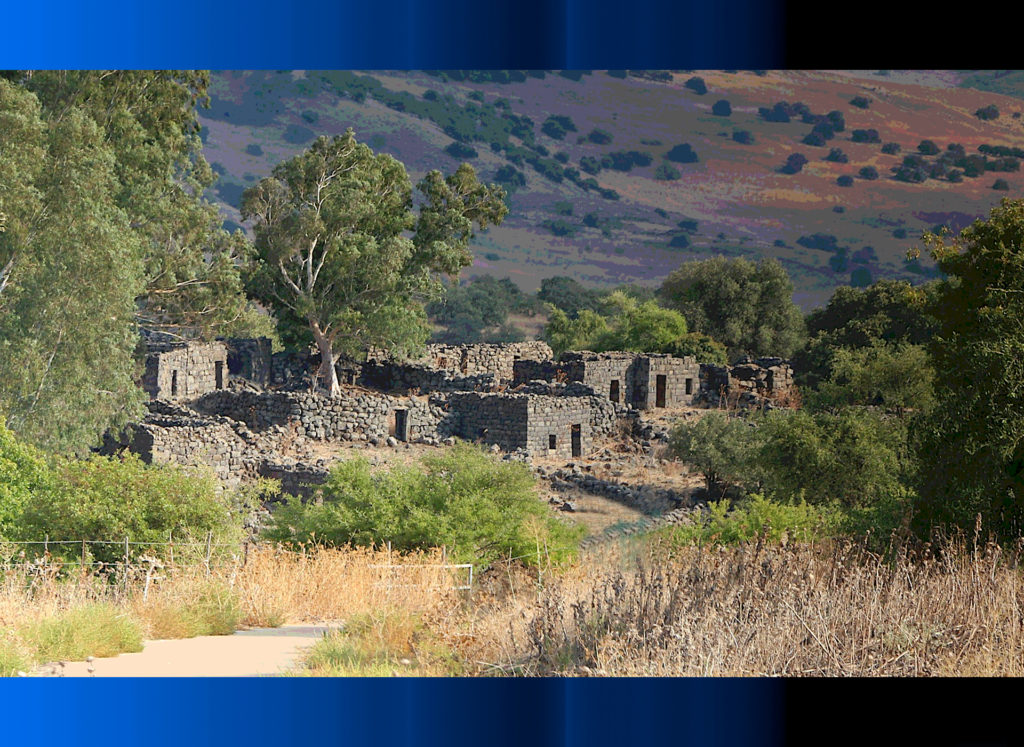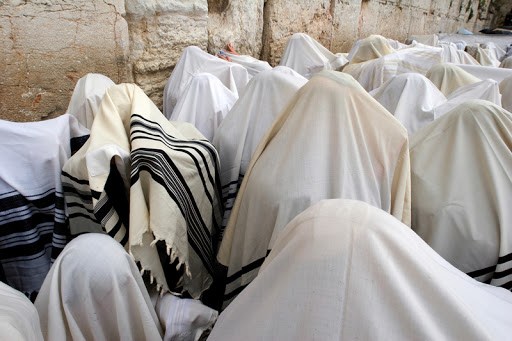
(3 – 4 Minute Read)
Leviticus 25:1-26:2
In the Torah parshah, or portion, of Behar, the Holy One, Blessed Be He, first outlines the process of the sabbatical and jubilee years. G-d also details the rules for the temporary sale of land, houses, fields, and other real estate, emphasizing that all land holdings should revert back to the original ancestral houses during the jubilee year marked with the blowing of the shofar, or ram’s horn.
One of the concepts emphasized in Behar is the link that the Jewish people have to the land of Israel as well as the Almighty’s ultimate ownership of the land.
“You shall observe My laws and faithfully keep My rules, that you may live upon the land [of Israel] in security… But the land must not be sold beyond reclaim, for the land [of Israel] is Mine; you are but strangers resident with Me.” Vayikra / Leviticus 25:18, 23
The Torah outlines a special dynamic between G-d and the Jewish people regarding the land of Israel. The Most High retains ownership of the land, but He has essentially “leased” the land of Israel to the Jewish people. It is the responsibility of the Jewish people to care for the land and exist in the land according to all of the mitzvot, or commandments, of the Torah. If we follow the instructions of the Torah, the Almighty has promised to bless the Jewish people with success and long life in the land. However, if we disobey these Torah instructions, G-d has indicated that there will be negative consequences, including exile and expulsion from the land of Israel.

In relation to the Yovel, or Jubilee, year, the Torah further elaborates on the treatment of servants, both hired and indentured, within the Jewish people. In a nutshell, the Almighty prohibited the selling of any Jewish servant who had fallen into financial hardship as a permanent slave. Instead, he was to work for the years until the Yovel, or Jubilee, year. Thus, the longest term of service for an indentured servant according to the Torah is six years, because in the seventh he would be released.
The Eternal One noted that all such indentured servants were to be treated with dignity and respect. The reasoning given is that the entire Jewish people are indeed servants of the Most High.
“For they are My servants, whom I brought forth out of the land of Egypt; they shall not be sold as bondmen [slaves]. You shall not rule over him with rigour; but shall fear your G-d… For unto Me the children of Israel are servants; they are My servants whom I brought forth out of the land of Egypt: I am the L-RD your G-d.”
Vayikra / Leviticus 25:42-43, 55
While our society may shift into very socio-economic classes, the Almighty brings it back into perspective. Every Jewish person, whether high, low, or somewhere in between, is himself or herself a servant of the Most High. There is only one “class” in relation to the Eternal One: His servants. As such, the Jewish people should act with reverence towards the Most High, and we should therefore treat each other accordingly with dignity and respect, even the “lowest” servants and laborers.
May the Holy One, Blessed be He, further establish our unique connection as the Jewish people to the land of Israel. And may we remember that we are all the servants of the Holy One, Blessed be He, and conduct ourselves towards Him and our fellow Jew accordingly.



